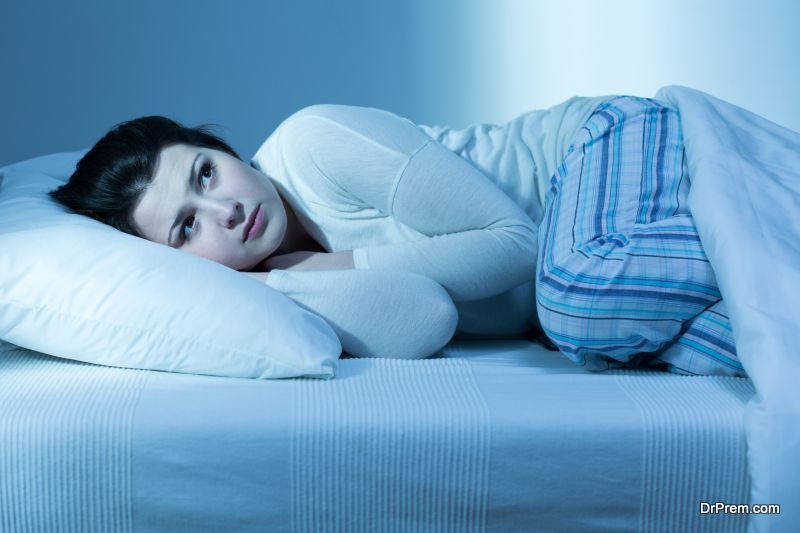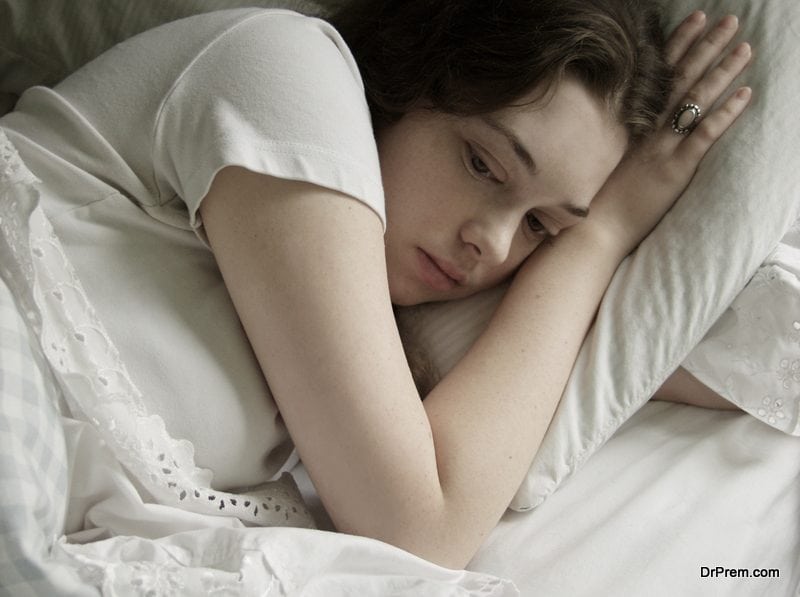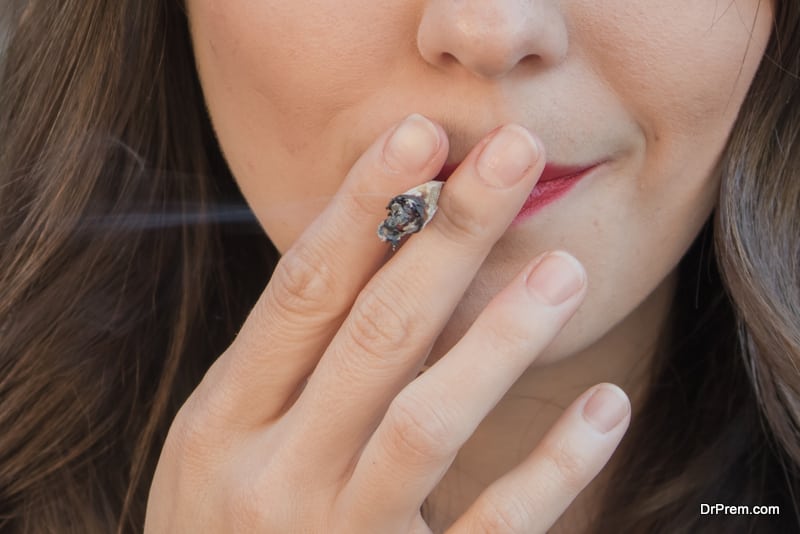THC is the heavy-hitter in the pot smoking arena. It’s a chemical that affects brain chemicals that allow for sleep. Insomnia or waking groggy, is heavily reported along with other withdrawal symptoms. This information is better known today, because people can be open about using marijuana. This is due to the legalization of marijuana use in some states in the US. Those populations are large enough to perform studies. Quite a few studies have been done for decades prior to the ones taking place in the US by countries where it’s legal such as the Netherlands. Here is one conducted in Maryland in 2008. Citation: Bolla KI; Lesage SR; Gamaldo CR; Neubauer DN; Funderburk FR; Cadet JL; David PM; Verdejo-Garcia A; Benbrook AR. Sleep disturbance in heavy marijuana users. SLEEP 2008;31(6):901-908.
The Pot Smokers Hangover and How it Happens
 Weed doesn’t give you the same painful hangover that drinking or other drugs do. But, it leaves your body and mind tired and here’s what it’s doing to your system. Pot smokers, without the technical knowledge of what THC does in the body are under a false impression. It’s the false notion that they’re sleeping deeper and better–they’re not. When you smoke, almost immediately there’s a relaxing effect but that’s all. There are other guides that you can find online to find out about insomnia after quitting weed.
Weed doesn’t give you the same painful hangover that drinking or other drugs do. But, it leaves your body and mind tired and here’s what it’s doing to your system. Pot smokers, without the technical knowledge of what THC does in the body are under a false impression. It’s the false notion that they’re sleeping deeper and better–they’re not. When you smoke, almost immediately there’s a relaxing effect but that’s all. There are other guides that you can find online to find out about insomnia after quitting weed.
This relaxation, is where the muscles and the mind get into a care-free state–sometimes to an annoying and dangerous level for the people around them and dangerously so for driving. They can generally achieve the first 2 levels of sleep quite easily–the relaxed, yet still conscious state and level 2 which we can akin to Alpha state or as science would call it in terms of sleep–SWS {Slow Wave Sleep}.
Where the problem lies
The issues at hand is in the 3rd and 4th levels of sleep. These include REM {Rapid Eye Movement} which is where the concern is for the state of health. The user will not sleep deep enough essentially to enjoy REM health benefits. The user will sleep longer and wake groggy, in some cases the user will have to consume copious amounts of caffeine to feel functional or at least have it extremely strong. This causes a crash during the day if the user doesn’t keep up the pace with the stimulants.
Health Effects
While in the withdrawing state, the user may experience lethargy, mood swings, lowered immune response due to lack of restorative sleep, brain fog, and lowered motor response just to name a few. Once the user quits it’s entirely up to their body chemistry as to when they’ll regain normal function. THC stays within the fat stores of the body and continues to leach out into the bloodstream until the supply is exhausted. This has been noted to happen in studies and by drug-testing facilities to continue for as long as 4 months after the user has discontinued marijuana use.
Sleep and Health Effects of Long-Term Users

Long-term users will suffer all the same health effects as people who are sleep deprived for long periods of time. The issue with marijuana users is the illusion that they’re getting enough sleep simply because they’re relaxed. Poor lung health goes in tandem with a degenerating immune system from lack of sleep. They’re prone to lung infection and diseases or disorders that come from excess phlegm production and inflammation.
Conclusion
The short-term sleep effects will diminish over time once the THC has officially left the bloodstream. There’s one caveat here; the user may not, under any circumstance put additional THC into the bloodstream. The user should stay away from any influence that may tempt them to use –even one hit will continue to feed the THC stream.
Article Submitted By Community Writer




